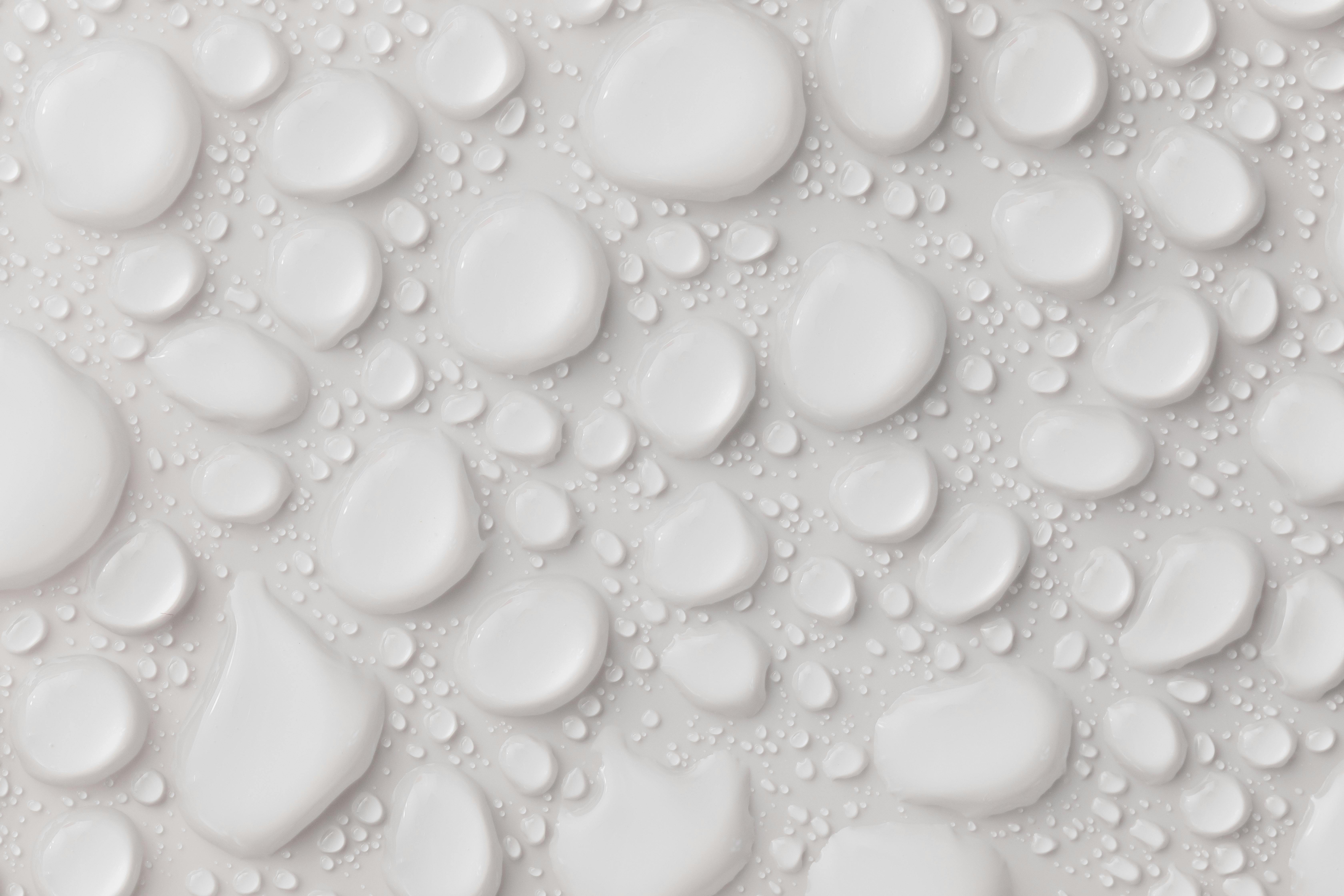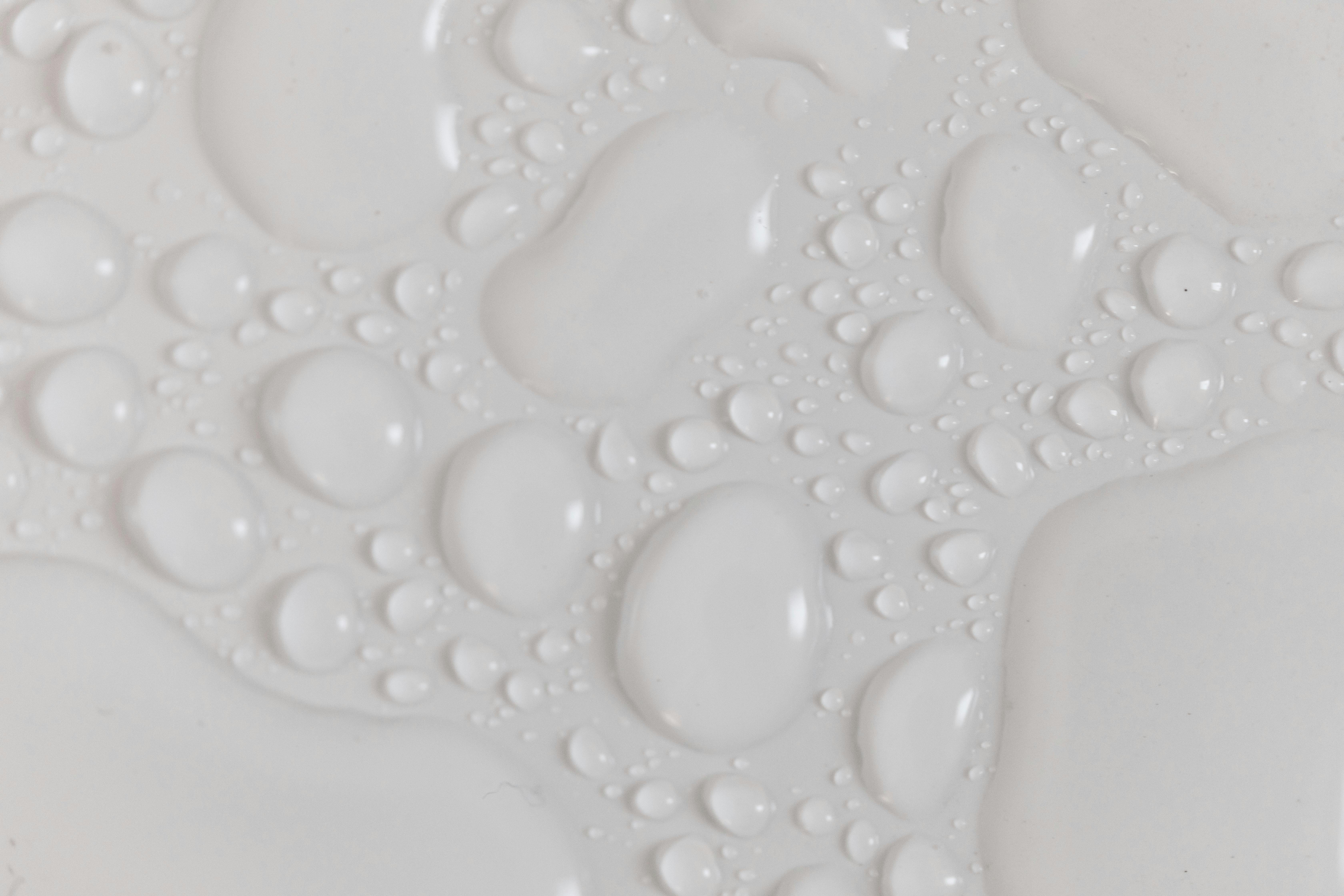The difference between distilled water and purified water is an important one to understand, as both types of water are used for different purposes. Distilled water is created by boiling water and then condensing the steam back into a liquid. This removes any dissolved solids, such as minerals and salts, that may be present in the original water. On the other hand, purified water is created by using a variety of methods, such as reverse osmosis, deionization or activated carbon filters to remove impurities from the source water.Distilled water is water that has been boiled into vapor and then condensed back into liquid form. It is also known as “purified” or “demineralized” water because it has had many of its impurities removed, such as bacteria, salts, and other minerals. Distilled water is commonly used in car batteries, steam irons, and even medical equipment.
What Is Purified Water?
Purified water is water that has undergone a purification process to remove impurities, contaminants, and other unwanted substances. This process typically involves the removal of particles, chemicals, and other materials that can be hazardous to human health. Purified water is often referred to as “pure” or “distilled” water, and it is used in a variety of applications, including drinking water, medical treatments, industrial processes, and laboratory experiments. Purified water can also be used for cooking and cleaning.
The process of purifying water usually involves the use of filtration systems that are designed to remove unwanted particles and contaminants from the water. The type of filtration system used will depend on the type of contaminant or particle being removed. Common filtration methods include reverse osmosis, activated carbon filters, ion exchange resins, ultraviolet light treatment and distillation. After the filtration process is complete, purified water is usually tested for quality assurance before it’s released for use.
Purified water has many benefits over untreated or tap water. It does not contain any
Difference Between Distilled Water and Purified Water
Distilled water and purified water are both considered safe for drinking, however, there are some key differences between them. Distilled water is obtained by boiling the water and then collecting the steam that condenses back into liquid. This process removes many of the impurities found in regular tap water, including minerals, bacteria, viruses and chemicals. In contrast, purified water undergoes a filtration process that removes contaminants such as chlorine and sediment. The two types of water have different physical properties that make them suitable for different uses.
Distilled water has a much lower mineral content than regular tap or purified water. This means it does not leave behind any residue or buildup when used in humidifiers or steam irons. Additionally, it does not contain any of the metals or minerals that can cause unpleasant tastes in other types of drinking waters. On the other hand, purified water can taste better due to its lower mineral content but still has some impurities present which can affect its taste over time.
The lack of minerals makes distilled water more acidic than regular tap or purified water. This slightly acidic
Properties of Distilled Water
Distilled water is a type of purified water that has had both contaminants and minerals removed. It is produced by a process of distillation, which involves boiling water and then condensing the collected vapor back into a liquid. As a result, distilled water has many unique properties that make it useful for various applications.
One of the most notable properties of distilled water is its lack of impurities and minerals. Since the process of distillation removes all dissolved solids from the water, it is considered to be pure and safe to drink. This makes distilled water ideal for drinking as it does not contain any hazardous contaminants or chemicals that could potentially be harmful to one’s health.
Another important property of distilled water is its low electrical conductivity. This means that it does not contain any dissolved ions or particles that can conduct electricity, making it ideal for use in certain industrial processes and medical procedures. This also makes it useful for cleaning surfaces as it will not leave behind any residue or impurities.
Finally, distilled water also has a neutral pH level which makes it suitable for use in scientific experiments and
Properties of Purified Water
Purified water is a type of water that has been processed to remove impurities, such as chemicals, bacteria, and other contaminants. It is often used for medical purposes, including intravenous use for hydration, and in dialysis machines for kidney patients. Purified water has a number of properties that make it a valuable resource: it is free of bacteria and other microorganisms; it has low levels of dissolved minerals; and it does not contain any chemical additives or contaminants. It also has a neutral pH, making it suitable for use in laboratories and medical settings. Purified water can also be used in food processing, as well as for cleaning surfaces and equipment. Purified water is also available commercially in bottles and other containers.
The process of purifying water involves several steps. First, the source water is filtered to remove large particles such as dirt and debris. Next, the water is treated with chemicals such as chlorine or ozone to kill any remaining bacteria or microorganisms. Finally, the purified water is passed through several more filters to remove dissolved minerals and other contaminants. The process can vary depending on the specific requirements of the

Advantages of Distilled Water
Distilled water has many advantages over regular tap water. It is free from most contaminants, such as pesticides, fertilizers, heavy metals and other harmful compounds. This makes it much safer to drink than tap water, which can contain contaminants that can cause health risks. Additionally, distilled water has a neutral pH balance and does not contain any minerals or other substances that can affect the taste of the water. Furthermore, it is free from chlorine and other disinfectants that can leave an unpleasant taste in tap water. Moreover, distilled water is much more affordable than bottled or filtered water, making it a great option for those on a budget.
Another advantage of using distilled water is that it does not require any additional filtration or treatment before use. This means there are no additional costs associated with its use as there would be for filtered or bottled water. Additionally, it does not require any special storage equipment like bottled or filtered waters do; therefore, it is much more convenient to use and store compared to these other options. Finally, distilled water has been proven to be effective in removing chlorine from drinking water sources due to its lack of minerals and
Advantages of Distilled Water
Distilled water is a type of purified water that has had most of its impurities, such as bacteria, salts, and minerals, removed. It is considered to be the purest form of water available and is often used in medical settings. There are several advantages associated with using distilled water, including its safety, lack of unwanted minerals and pollutants, and cost-effectiveness. Safety is one of the main advantages to using distilled water since it has been purified to remove all contaminants that may be present in normal tap or spring water. This makes it ideal for use in medical settings where cleanliness is essential for patient health. In addition, distilled water lacks any unwanted minerals or pollutants that can make tap or spring water taste unpleasant or have an unpleasant odor. This makes it a great option for drinking or cooking purposes. Finally, using distilled water can also be cost-effective since it does not require additional filtration systems or treatments to make it safe for consumption.
Disadvantages of Distilled Water
One downside to using distilled water is that it does not contain any beneficial minerals or nutrients that are found
Advantages of Purified Water
Drinking purified water comes with a number of benefits. It has been scientifically proven that consuming purified water can help to reduce the risk of several illnesses and diseases. Purified water is free from any impurities and contaminants, which makes it significantly safer for drinking compared to tap water. Furthermore, purified water is much more convenient to access than other sources of drinking water, such as bottled or spring water.
Another advantage of consuming purified water is that it can help to reduce the risk of developing chronic diseases such as heart disease, diabetes, and kidney disease. Studies have shown that regularly drinking purified water can help to flush out toxins from the body, which can significantly lower the risk of developing these types of illnesses. Additionally, the minerals present in purified water can also help to improve overall health by providing essential nutrients to the body.
Finally, consuming purified water also helps to reduce environmental impacts. Since there are no chemicals or pollutants present in this type of drinking water, it does not contribute to air or water pollution like other sources do. Additionally, using a home purification system will not generate any

Conclusion
The difference between distilled water and purified water is significant. Distilled water is a type of purified water that is boiled and condensed vapor, while purified water undergoes a variety of filtration processes to remove contaminants. The two types of water have different levels of purity and may be used for different purposes. Distilled water is generally preferred for drinking as it has the highest level of purity, while filtered or purified water may be used for other purposes.
Ultimately, it’s important to understand the difference between distilled and purified water so you can make an informed decision about which type of water to use for your needs. Water is essential for life, so it’s important to choose a type that will provide the best quality option for you and your family.

